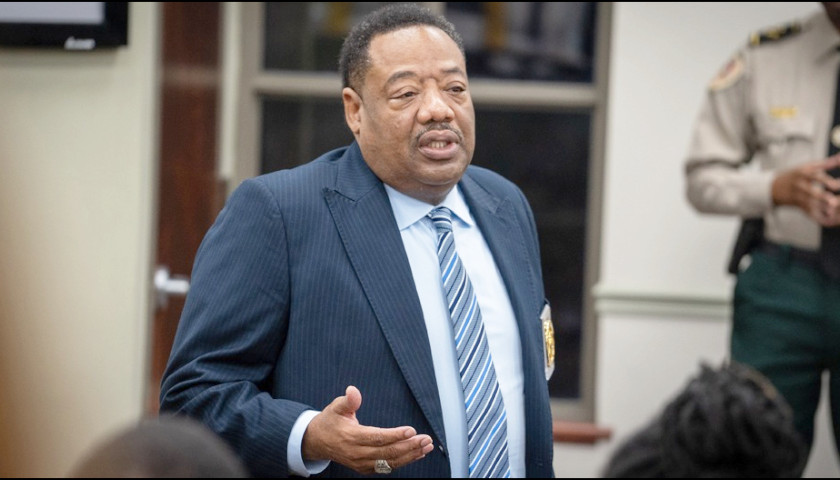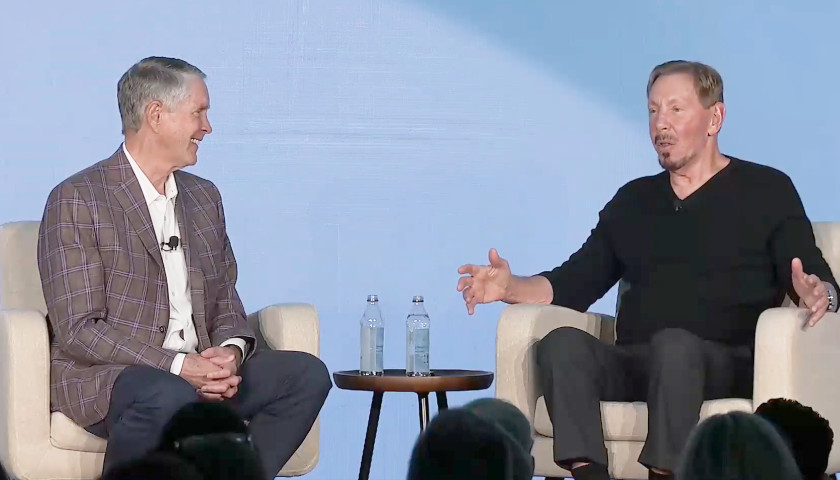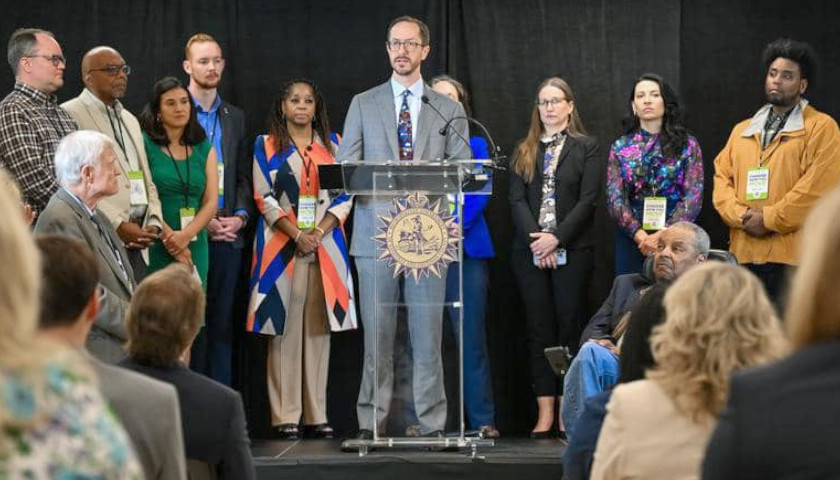Almost anyone who steps into a classroom understands that the job of teaching is difficult, as well as demanding. In fairness, it is also one of the most rewarding jobs that an individual can do in life. The work of an educator provides countless children a better life through their education. To that end, public education is a federal concern, a state responsibility, and a local operation.
All educators need to let their voices be heard as public education is debated, but we must also create a culture of engagement with the communities we serve in order to transform our classrooms, schools, and districts. Relationships and connections facilitated in our schools and classrooms are what influences a student’s life and future. School improvement is only possible when accompanied within a framework of collaboration and support.
Children in many urban areas in our state, notably Memphis, Chattanooga and Nashville, have not received an education that prepares them as well as students in other parts of the state. This is not the fault of the educators who tirelessly work in the trenches. Deep roots of poverty impede progress toward economic and social equality among the poor. These are issues that go beyond public education.
But there is promise in changing this trajectory if we work together. We must do a better job of engaging the community in the understanding of educational issues, and we need to give our teachers more opportunities to speak out on their concerns and needs for the classroom.
Parental and family involvement in the education of each child is essential to academic success. The private sector and businesses, large and small, can play a vital role. We have to make every effort to enhance communication between all stakeholders. We must remove barriers that prevent these crucial stakeholders from teaming with school boards, administrators and teachers who are trying to improve student achievement. If successful, this creates a foundation that is capable of supporting children both inside and outside of the classroom. School improvement is truly the work of the entire community. School improvement becomes community improvement when implemented correctly.
All children in Tennessee deserve an exceptional education. Research indicates that Tennessee is moving in the right direction. Still, numerous concerns remain. Our communities and state must be willing to use all available resources on behalf of the children in the state of Tennessee. Those committed to the improvement of public education must embrace, as a major objective, all efforts to increase student learning and achievement.
We understand that for Tennessee to remain a leader in innovation and be competitive in the global economy, it is necessary to provide children with a 21st century education and maintain our strong commitment to local control. Unfortunately when local schools chronically underperform, the state is well within their right to take control of those schools.
In the last few years, criticism has been leveled against the Achievement School District (ASD). Some of that criticism has been justified, some without merit. We have voiced our concerns with ASD leadership and the Tennessee Department of Education. We have found them receptive to the issues we have raised, and more importantly, willing to work to address problems. Nevertheless, change is not a process for the impatient and real change sometimes takes time.
We need to reinforce our commitment to education and quit quarreling over insignificant issues. Our children need specific solutions to persistent problems, and the time is now, not some distant point in the future. Our top priority must always be the education of children. And we must do a better job of engaging our communities in the understanding of educational issues and building consensus.
The issue of school improvement is one that must concern all Tennesseans. We must use all the tools at our disposal to meet the tough challenges faced by public education, and chart a new course when needed. Nobody can deny the necessary and strategic importance of public education to the future of our nation, state and local communities. We just need to rally around and support our public schools like never before. Our children are depending on it.
– – –
JC Bowman is the Executive Director of Professional Educators of Tennessee, a non-partisan teacher association headquartered in Nashville, Tennessee. Permission to reprint in whole or in part is hereby granted, provided that the author and the association are properly cited.









Bob,
You were on a roll there, right up to number 4. There are societal issues that show up at schools that go well beyond any training a teacher or a school are equipped to handle. I didn’t offer up excuses. I want to talk about it, then I want to do something about it. Poverty is no excuse, I grew up poor. But I came from a two parent home. Today, that’s not a reality in too many urban areas, where out of wedlock births easily eclipse 50%. There is no parent involvement. There is no discipline. Teachers have their hands tied. I talked with a lady last week who was terminated for calling a parent over the lack of progress by a child. Yep, she was non-renewed. And today tenure is basically non-existent, so that argument does not carry weight. Always glad to sit down and talk. But the issues are real.
I am really tired of the excuses put forth for the absolutely terrible results of the large metropolitan school systems. Excuses such as “Deep roots of poverty impede progress toward economic and social equality among the poor. ” put forth in this article are nothing more than passing the buck. If being poor caused poor education then no one from my school district would have been able to read. Let’s enumerate a few real reasons – (1) Too much emphasis on non-scholastic topics; (2) Districts top-heavy with administrators/bureaucrats; (3) Equating dollars to quality education; (4) Parents who dump their children on the district instead of parenting; (5) Tenure; (6) Hostile classrooms.